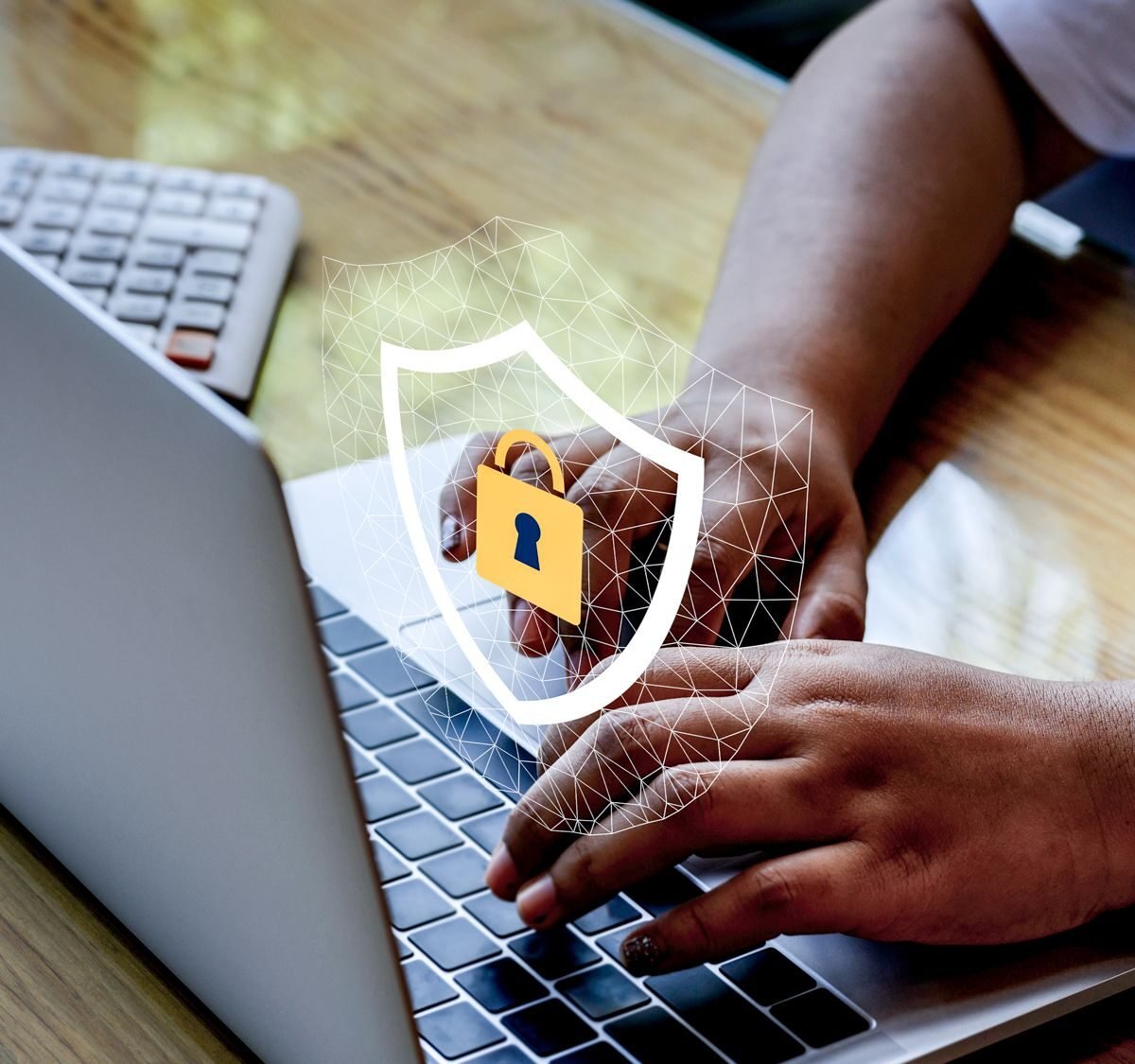The Ultimate Guide to Choosing the Best Antivirus Software
Understanding the Importance of Antivirus Software
In today’s digital landscape, having reliable antivirus software isn’t just a luxury; it’s a necessity. With the increasing complexity of malware and the variety of cyber threats lurking online, protecting your devices is paramount. This guide sheds light on the various antivirus options available, helping you choose the best fit for your needs.
How Antivirus Software Works
Antivirus software is designed to detect, prevent, and eliminate malicious software. It runs in the background, continuously monitoring for suspicious activities. When it identifies a threat, it quarantines or eliminates the file to safeguard your system. Most antivirus programs utilize a combination of signature-based detection (identifying known threats) and heuristic analysis (detecting unknown threats based on behavior).
The Best Antivirus Software You Can Buy Today
1. Norton 360 Deluxe
- Overview: Best overall antivirus software.
- Features: Offers extensive antivirus protection, a VPN, parental controls, a password manager, and ransomware protection.
- Pros: Real-time protection, multiple scanning options, comprehensive features.
- Cons: Higher price point; some privacy tools are add-ons.
2. Microsoft Defender
- Overview: Best free antivirus software.
- Features: Built-in on Windows, offers solid malware protection, a firewall, parental controls, and a password manager.
- Pros: No installation necessary, good baseline security.
- Cons: Limited features compared to paid options, performance impact during scans.
3. Bitdefender Total Security
- Overview: Best for features.
- Features: Real-time protection, a VPN (limited), and a robust set of additional tools like ransomware protection.
- Pros: Effective real-time malware protection, powerful interface.
- Cons: VPN has data limits; trial version for the password manager.
4. McAfee+ Ultimate
- Overview: Best for families.
- Features: Unlimited device protection, real-time scanning, password management, and a dedicated VPN.
- Pros: Easy to use, offers comprehensive coverage across devices.
- Cons: Expensive; some features may not justify the cost.
5. Avast Premium Security
- Overview: Best for banking.
- Features: Focused on offering safety while carrying out online banking transactions.
- Pros: Offers a dedicated secure browser and robust malware protection.
- Cons: Limited features compared to competitors; lacks a password manager.
6. Malwarebytes Plus
- Overview: Best budget antivirus software.
- Features: Fast scans specifically designed to catch malware and ransomware.
- Pros: Affordable, efficient for basic protection.
- Cons: Limited additional features; does not include tools like a password manager.
Free vs. Paid Antivirus Software
Choosing between free and paid antivirus software can be critical based on your security needs.
-
Free Antivirus: Often provides basic protection—ideal for users who engage in light internet browsing. Programs like Microsoft Defender come pre-installed with Windows, offering decent protection without any cost.
- Paid Antivirus: Offers a more comprehensive feature set, including advanced malware protection, VPN access, customer support, and more layers of security. Paid options may also allow for more devices to be covered under one license.
Choosing the Right Software
-
Asses Your Needs: Determine the number of devices and the types you need to secure. If you have multiple devices or family members using varying platforms, look for software that has coverage across all.
-
Evaluate Features: Consider which features are essential—child safety measures, VPN, firewall, etc. Make a prioritized list to ease your decision process.
-
Performance: Research how each software impacts system performance. Some might slow down your computer, especially during scans; others run seamlessly in the background.
- Trial Offers: Many paid antivirus solutions offer free trials, allowing you to test their functionality before committing.
How We Test Antivirus Software
Our evaluations are based on real-world performance in addition to assessments from independent labs. We focus on usability, effectiveness in targeting security threats, and overall value:
-
Installation Ease: How simple is it to set up? A complicated setup can deter users from ensuring protection.
-
Interface Design: Is the interface user-friendly? Complexity can hinder accessibility for non-tech-savvy individuals.
-
Performance Metrics: We measure the system’s speed during active scanning and overall impact on performance.
- Lab Scores: We refer to tests conducted by AV-Test, AV-Comparatives, and SE Labs, which verify how well software performs against various malware threats.
Frequently Asked Questions
1. Do I really need antivirus software?
Yes, every computer or mobile device connected to the internet should have antivirus protection. Cyber threats exist regardless of user behavior.
2. Can I rely solely on free antivirus programs?
While free options provide essential protections, they may lack advanced features. For comprehensive security, consider investing in a paid solution.
3. When should I disable antivirus software?
It’s best to disable antivirus software only during specific troubleshooting scenarios or when installing trusted software. Always reactivate it afterward.
By considering these factors and recommendations, you can ensure your digital life remains secure, simplifying your decision on the best antivirus software for your needs.





